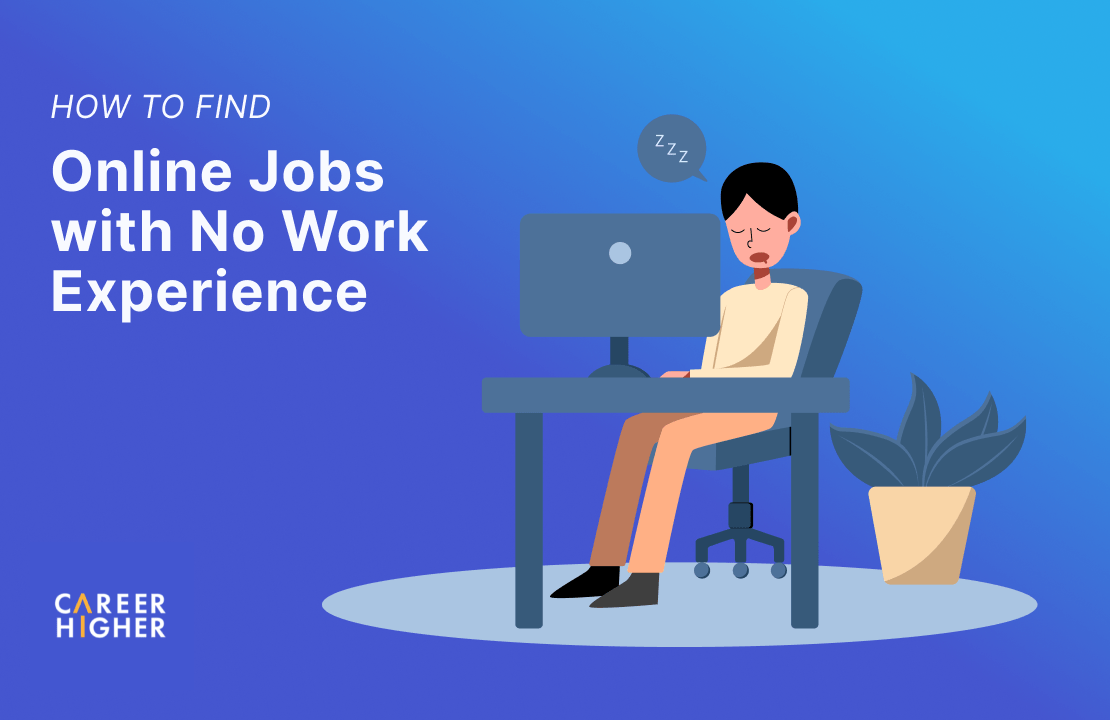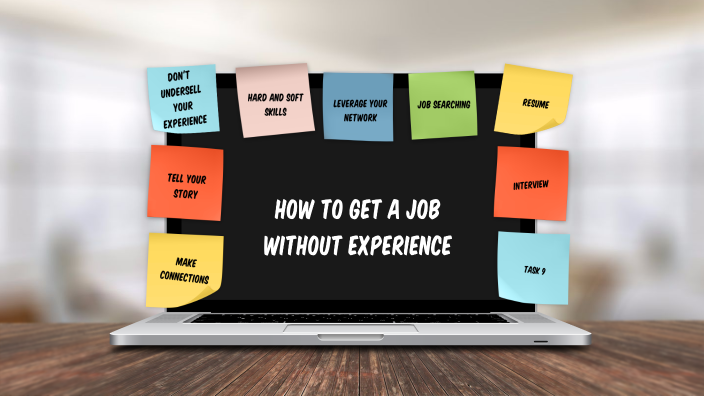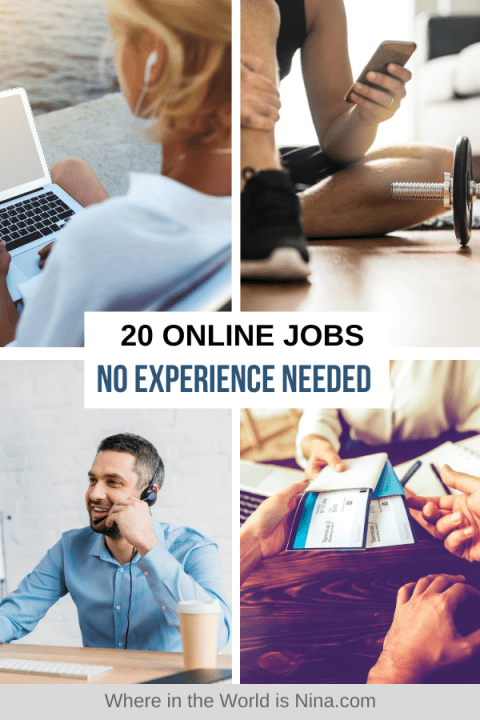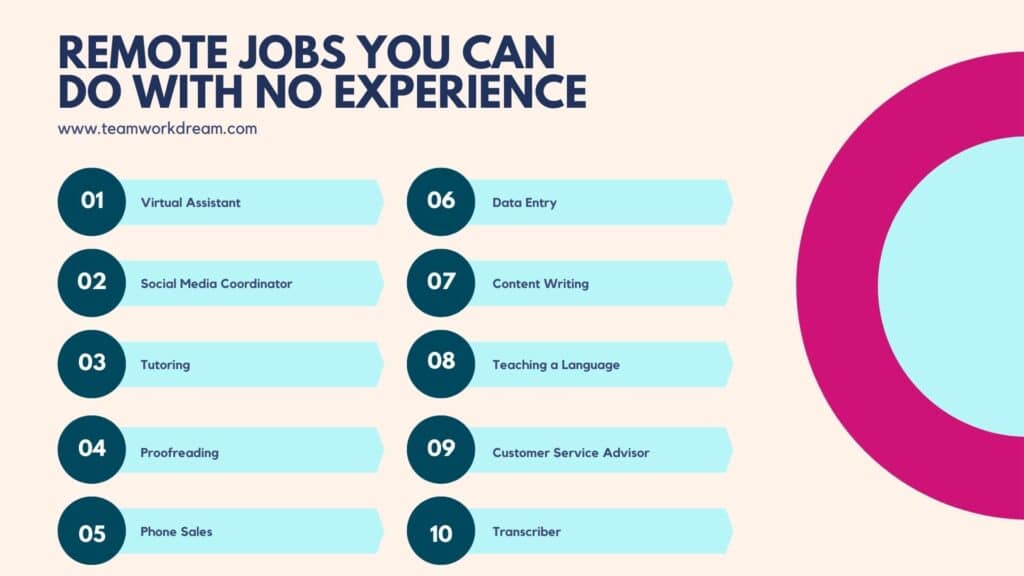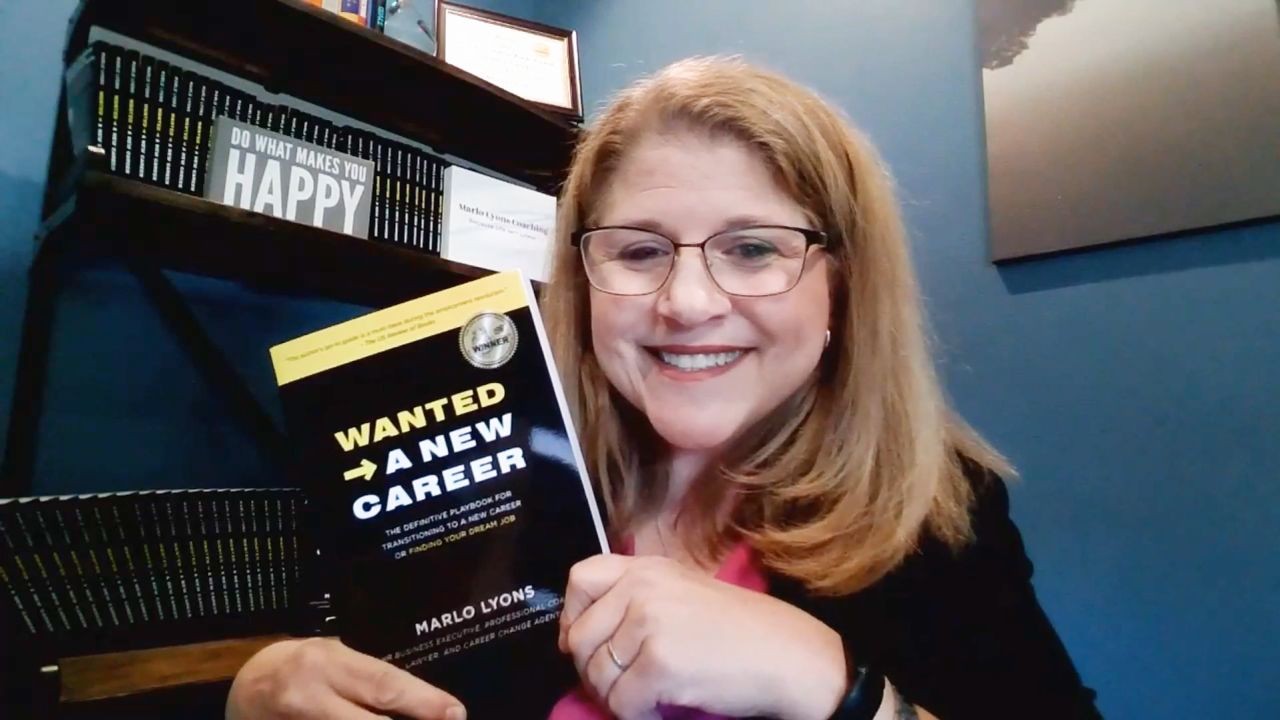Trying To Get A Job With No Experience

The digital landscape hums with job postings, a siren song for recent graduates and career changers alike. Yet, behind the promise of opportunity lies a stark reality: the Catch-22 of needing experience to get experience. Millions find themselves trapped in this frustrating paradox, facing rejection after rejection despite possessing the skills and drive to succeed.
This article examines the challenges faced by individuals attempting to enter the workforce without prior experience. It delves into strategies for overcoming this hurdle, the role of internships and volunteer work, and the evolving expectations of employers. We will also explore how educational institutions and government initiatives are attempting to bridge the experience gap, offering a comprehensive look at this persistent problem in the modern job market.
The Experience Paradox: A Vicious Cycle
Landing that first job can feel like an impossible feat for those with limited or no professional history. Job descriptions often demand several years of relevant experience, creating a barrier that many find insurmountable. This creates a vicious cycle, where individuals are unable to gain experience because they lack experience.
According to a 2023 report by the Economic Policy Institute (EPI), young workers, particularly those from disadvantaged backgrounds, are disproportionately affected by this issue. The report highlights that entry-level positions are becoming increasingly scarce, with employers often preferring candidates with proven track records, even for roles traditionally considered entry-level.
Strategies for Breaking Through
Despite the challenges, resourceful individuals are finding ways to navigate the experience barrier. Networking, both online and in person, plays a crucial role. Attending industry events, connecting with professionals on LinkedIn, and participating in informational interviews can open doors that might otherwise remain closed.
Tailoring resumes and cover letters to highlight transferable skills is also essential. Emphasizing skills acquired through academic projects, extracurricular activities, or personal endeavors can demonstrate a candidate's potential to employers. Focusing on problem-solving abilities, communication skills, and adaptability can compensate for a lack of direct work experience.
Building a strong online presence through a professional website or portfolio is another effective strategy. Showcasing personal projects, volunteer work, and any relevant skills can provide tangible evidence of a candidate's capabilities. This allows potential employers to assess skills that a resume alone might not fully convey.
The Importance of Internships and Volunteer Work
Internships and volunteer positions offer invaluable opportunities to gain practical experience and build a professional network. These roles provide a chance to learn industry-specific skills, develop professional relationships, and demonstrate a commitment to the field.
Many companies offer structured internship programs designed to provide students and recent graduates with hands-on experience. Even unpaid internships can be beneficial, providing exposure to a professional environment and valuable resume credentials. Similarly, volunteer work can demonstrate a candidate's work ethic and willingness to contribute to a cause.
"Internships are a game-changer," says Dr. Emily Carter, a career counselor at a leading university. "They provide real-world experience that employers value, and they often lead to full-time job offers."
Bridging the Gap: Education and Government Initiatives
Educational institutions are increasingly incorporating practical experience into their curricula. Offering more internships, co-op programs, and project-based learning opportunities helps students graduate with a more competitive skill set. Some universities are also partnering with local businesses to create real-world projects for students to work on.
Government initiatives, such as apprenticeships and job training programs, also play a crucial role in bridging the experience gap. These programs provide individuals with on-the-job training and industry-recognized certifications, making them more attractive to employers. Such initiatives must continue expanding to accommodate all the citizens in need.
Employer Expectations: Adapting to the Evolving Landscape
Some employers are recognizing the limitations of solely relying on candidates with extensive experience. They are starting to value potential and adaptability, offering more entry-level positions with comprehensive training programs. This shift in mindset acknowledges that skills can be learned on the job, and that investing in new talent can be a valuable long-term strategy.
However, this trend is not universal. Many employers still prioritize experience, making it essential for job seekers to continuously upskill and demonstrate their value in creative ways. The burden remains on the individual to showcase their capabilities and persuade employers to take a chance.
Looking Ahead: A Path Towards Greater Opportunity
Overcoming the experience barrier requires a multi-faceted approach. Individuals must be proactive in networking, highlighting transferable skills, and building a strong online presence. Educational institutions need to prioritize practical experience, and government initiatives must continue to support job training and apprenticeship programs.
Ultimately, a more equitable job market requires a shift in employer attitudes. Recognizing the potential of candidates without extensive experience and investing in their training and development can lead to a more diverse and skilled workforce. Only through a collective effort can we break the experience paradox and create more opportunities for everyone to succeed.

